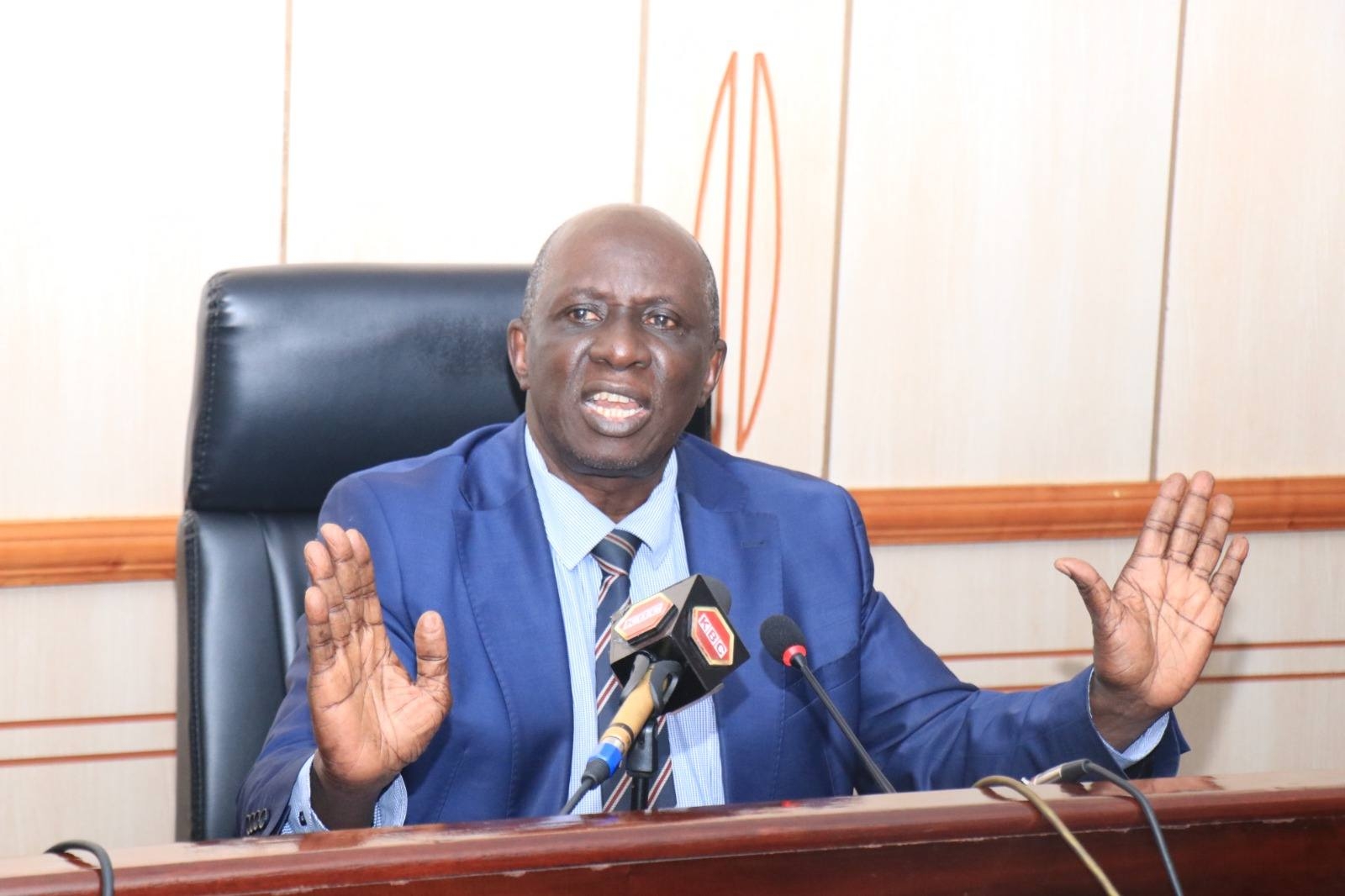Human-wildlife conflict remains a major obstacle in the conservation of wildlife, Kenya Wildlife Service director general Erustus Kanga has said.
In a brief to the new Tourism and Wildlife Cabinet Secretary Rebecca Miano, Kanga said human-wildlife conflict continues to be a complex problem that requires a delicate balance between co-existence and compensation.
He nonetheless expressed appreciation to the ministry for developing the National Human-Wildlife Co-existence Strategy and Action Plan (2024–2033) to address the challenge.
“This comprehensive plan is crucial in addressing these challenges and ensuring a harmonious relationship between humans and wildlife,” he said.
Kanga further noted that they are about to launch a new strategic plan, which will chart the course for KWS over the next five years.
He said the plan has been aligned with Kenya's Vision 2030 and the Bottom-up Economic Transformation Agenda, reflecting the country’s broader development goals.
He added that the strategy has been thoughtfully developed through extensive consultations with a wide array of stakeholders, including KWS staff.
“We are now in the final stages of launching the strategic plan, having received approval from the State Department for Economic and Planning. We eagerly anticipate to launch the plan early next month and subsequent implementation,” he said.
He pointed out the ongoing conservation education campaign dubbed “Tunza Mali Yako” is a strategic initiative that emphasises the critical role communities play in wildlife conservation.
“By promoting a sense of ownership and responsibility, KWS is seeking to build a stronger connection between the people and their natural heritage," Kanga explained.
"The campaign's focus on education, awareness, and behaviour change is key to ensuring the long-term sustainability of wildlife conservation efforts in Kenya.”
Miano who had visited KWS headquarters in Langata, said she is longing for the implementation of the strategic plan saying it heralds progress and excellence.
“You can count on my unreserved support as you undertake your work. My simple request is that you uphold integrity and diligence in the conduct of your duties,” she stated.
Miano said every KWS employee, whether civilian or uniformed plays a vital role in driving the organisation forward.















